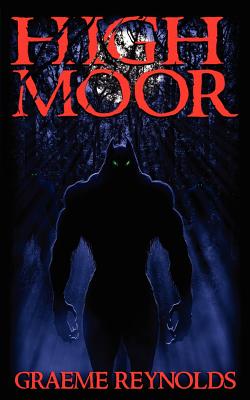
description
2Consciousness, "the last great mystery for science," remains a hot topic. How can a physical brain create our experience of the world? What creates our identity? Do we really have free will? Could consciousness itself be an illusion? Exciting new developments in brain science are continuing the debates on these issues, and the field has now expanded to include biologists, neuroscientists, psychologists, and philosophers. This controversial book clarifies the potentially confusing arguments, and the major theories, whilst also outlining the amazing pace of discoveries in neuroscience. Covering areas such as the construction of self in the brain, mechanisms of attention, the neural correlates of consciousness, and the physiology of altered states of consciousness, Susan Blackmore highlights our latest findings. ABOUT THE SERIES: The Very Short Introductions series from Oxford University Press contains hundreds of titles in almost every subject area. These pocket-sized books are the perfect way to get ahead in a new subject quickly. Our expert authors combine facts, analysis, perspective, new ideas, and enthusiasm to make interesting and challenging topics highly readable.
member goods
No member items were found under this heading.
listens & views

MUSIC OF ANDREW IMBRIE
by IMBRIE / MILNES / MALAN / ROSENAK / MCMANE
COMPACT DISCout of stock
$14.75
Return Policy
All sales are final
Shipping
No special shipping considerations available.
Shipping fees determined at checkout.






